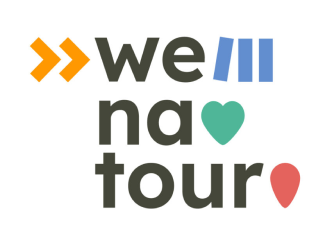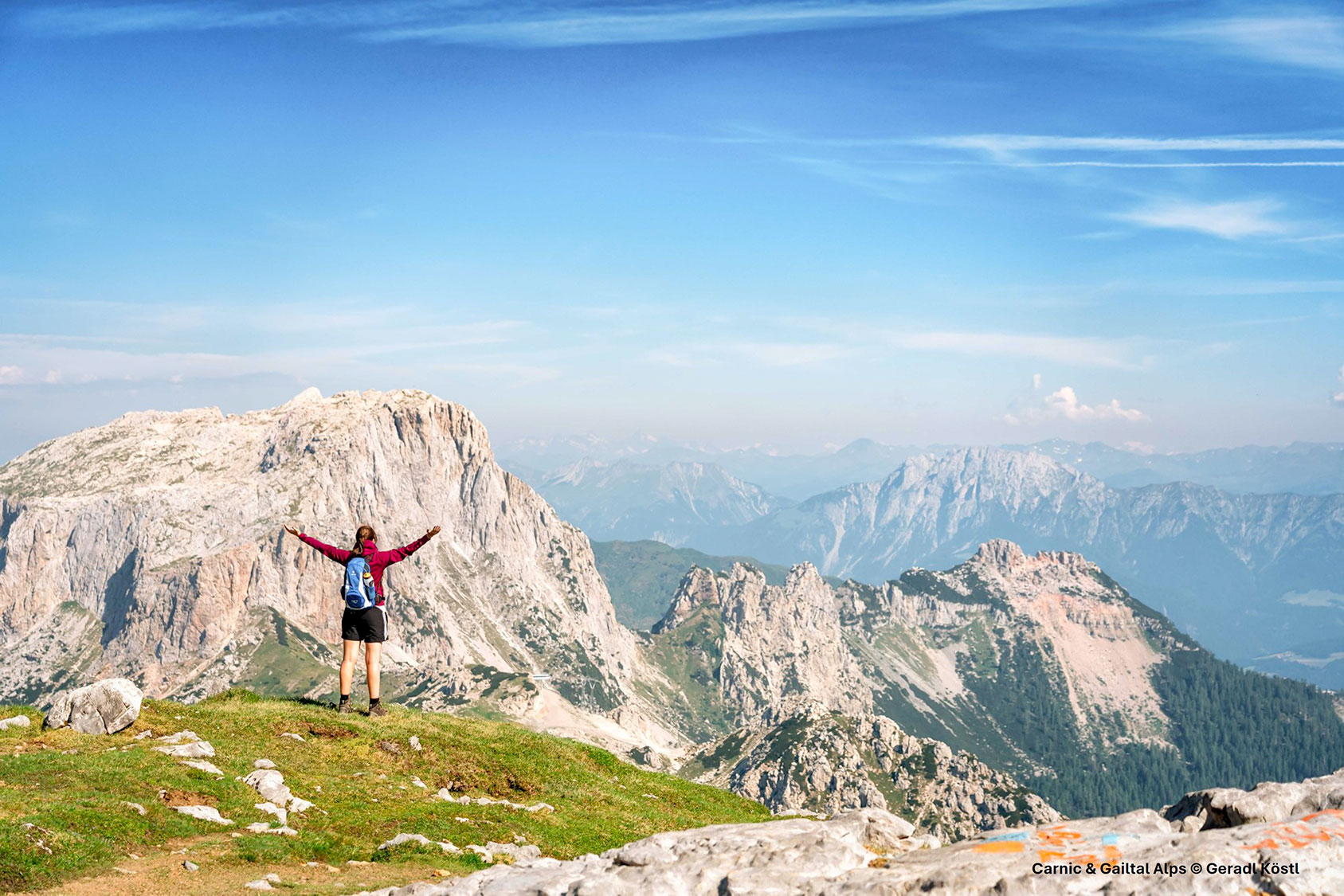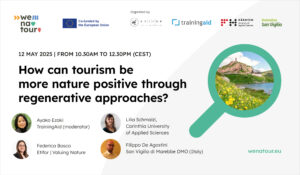Top picture: View from the Carnic Alps in Carinthia to the Nassfeld-Lesachtal-Weißensee (NLW) tourism region. The NLW Region with over 2 million overnight stays per year is part of the WeNaTour project in the form of an Associated Partnership (ASP). The NLW Region is the first GSTC-D certified region in Austria and the first tourism region certified with the Austrian Ecolabel for Destinations.
by Thomas Zametter – Carinthia University of Applied Sciences (CUAS)
The Carinthia University of Applied Sciences (CUAS), with its research group TRANS_SPACE (TRANSformative Societal Political AND Cultural Engagement) and its Associated Partner (ASP) Nassfeld-Lesachtal-Weißensee Tourism Region (NLW), is part of the WeNaTour project consortium, aiming to promote a greener, more inclusive, and more sustainable future.
Discover in this article the projects currently being worked on at CUAS TRANS_SPACE, the practical practices that can be derived from them, and how the transformative powers of tourism can be utilized for the prosperous development of the economy, society, and the environment.
Sustainable tourism as a market segment and shaper of transformation
Sustainable tourism is no longer a niche market for a small group of idealists. Today, an increasing number of people are committed to this cause.
New patterns of behavior are emerging, new markets are developing, and, consequently, new opportunities are arising for the economy, society, and the environment. Sustainable tourism, with all its facets, is increasingly recognized as a transformative force in times of climate change and heightened demand for sustainability and resilience to global threats.
These trends represent a clear opportunity to rethink tourism and focus on emerging demands in line with a just transition to Sustainable Tourism Destination Management (STDM). In this context, tourism is a significant influencing factor with the power to shape our environment. However, transitioning to more respectful forms of tourism does not mean giving up something or banning past practices.
Change does not necessarily require deprivation or prohibition but rather a professional and holistic transformation in how we use resources efficiently. Instead of imposing travel bans, promoting sustainable tourism that supports local communities and minimizes environmental impact is more beneficial. Enjoying local food and beverages supports the local economy, emphasizing sustainable and seasonal produce. Choosing sustainable accommodations and hotels that practice recycling and energy efficiency offers environmentally friendly options for tourists. This mindset promotes economic development and innovation.
Statistical trends and new needs in sustainable tourism
Recent insights from the Booking.com Report 2023 and the travel trends for 2024 provide compelling evidence of shifting traveler preferences towards sustainability and deeper, more meaningful travel experiences.
The Booking.com Report 2023, a global study with around 33.000 participants from 35 countries, clearly shows: ‘that 76% of travelers worldwide express the desire to travel more sustainably and to use and improve environmentally conscious, sustainable habits’.
The Booking.com travel trends for 2024, increasingly shows: ‘that holidays are not only perceived as pure time out, as a kind of absence from the workplace, but as an opportunity for self-discovery, for emotional, mental recovery, for developing cross-cultural learning, for getting to know new cultural and culinary adventures and flavors, all in the form of a ‘retreat’, where you withdraw from everyday life and your familiar surroundings and seek ‘simplicity’. These statistical trends represent a clear opportunity to rethink tourism in line with a just transition in Sustainable Tourism Destination Management.
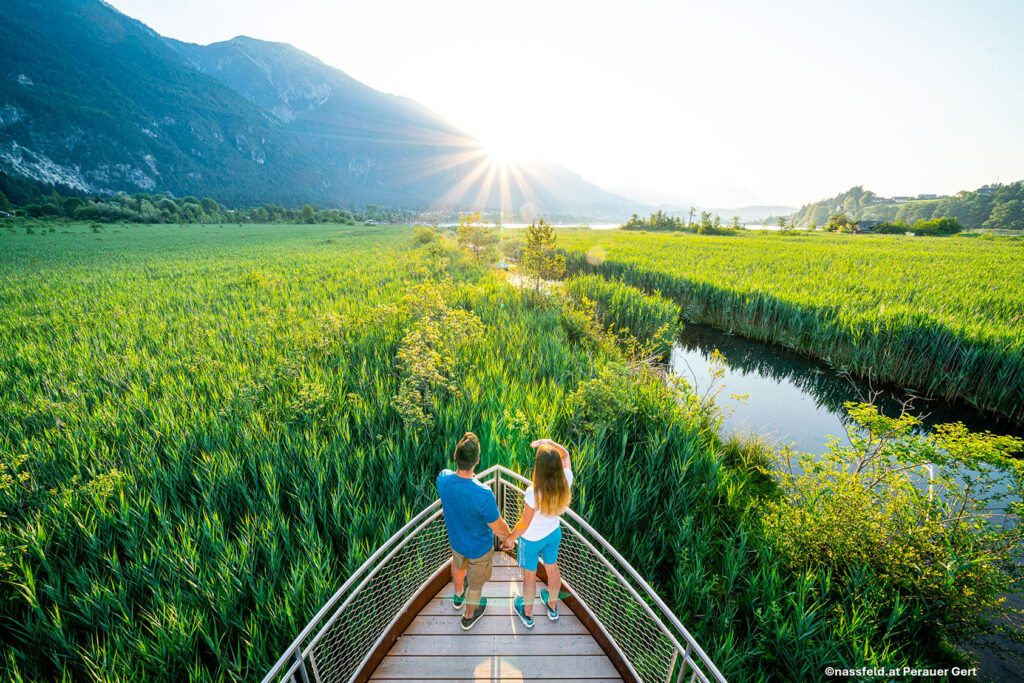
Photo provided by the NLW Region © Perauer Gert
Putting the transformative power of tourism into practice
Innovative and international projects are excellent ways to optimize the use of tourism and its transformative power, a brief introduction to WeNaTour.
The WeNaTour project aims to promote and strengthen research, education, training, and qualification in the field of Sustainable Destination Management for tourism regions, targeting both students and practitioners.
During this three-year international and multidisciplinary project, various future skills will be developed in response to current and potential future challenges in tourism. A comprehensive specialization program will be offered in areas such as innovation and entrepreneurship, digitalization, sustainable destination management, and sustainability certification of regions. This program is designed to develop and strengthen the capabilities of current and future professionals in the tourism system.
The qualification program focuses on working with sustainability certifications, primarily based on the Global Sustainable Tourism Council (GSTC-D) Standards for Destinations and the Sustainable Development Goals (SDGs). These sustainability certifications are essential foundations for innovation and transformation, provided one knows how to effectively utilize them. The WeNaTour project offers understanding, training, and qualification in this critical area as a main focus.
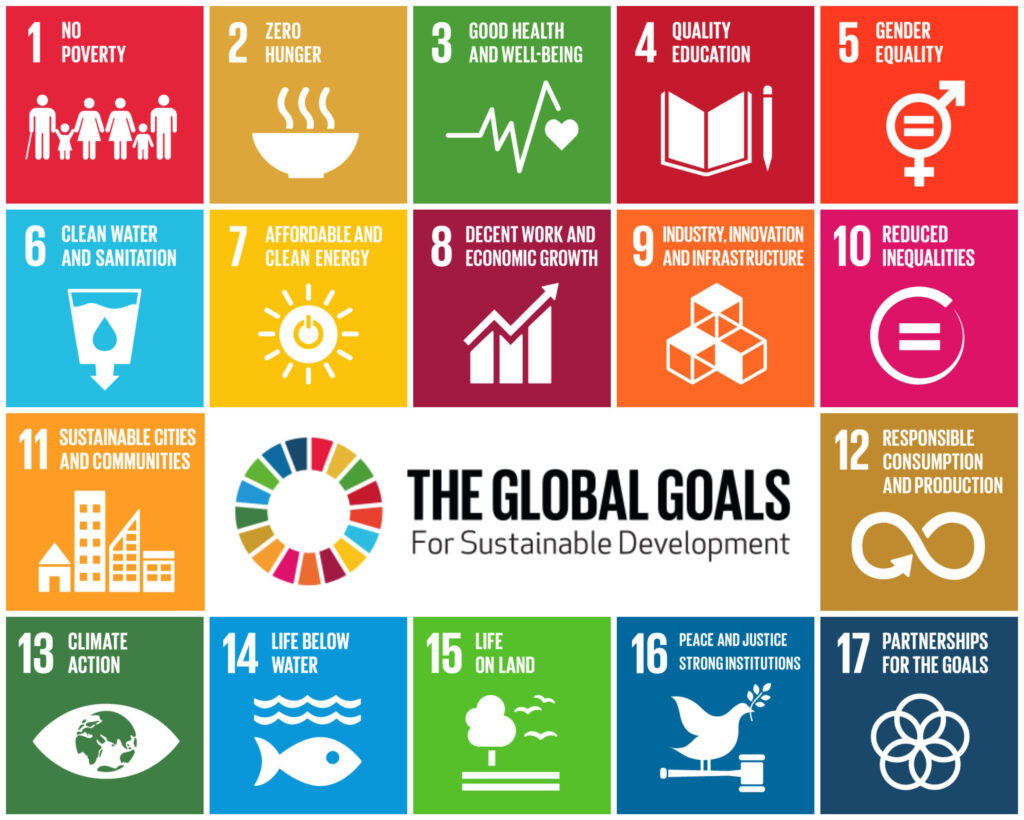
Synergies from other innovative projects
Culinary Trail is a project run by the TRANS_SPACE where Sustainable tourism acts as a bridge builder and favors transformation. Discover how!
The Culinary Trail of the Ethnic and Local Cuisine in the Danube Region is an Interreg project, part of the program to strengthen the Danube Region (EUSDR). The aim is to support 30 minorities and marginalized ethnic groups, who are disadvantaged due to their youth, age, gender, disabilities or religion, by professionally promoting their culinary (food including viticulture) and cultural heritage (music, poetry, recipes), coupled with the often-existing scenic attractions away from mass tourism, and thus making them more visible. In doing that, Culinary Trail will enable the Danube Region to capitalize on its vibrant and diverse ethnic landscape, rich and complex history and cultural traditions.
Culinary Trail will improve interconnection and cooperation between sustainable tourist destinations, services, products, and stakeholders, it will encourage short value chains and promote quality products from the primary sector in the Danube Region.
Curiosity about new cultures, dishes and flavors is a growing trend in tourism. In a next step, the minorities mentioned in the project will actually be realized through a defined trail that can be followed on foot, by bike or on a culinary raft, for example. In addition, ‘food festivals’ are planned as well as recommendations for action for politicians and sustainable tourism managers. This results in a wide range of opportunities and development possibilities for local communities and promoted by sustainable tourism and new market opportunities.
Sustainable tourism acts as a bridge between research, cultural and culinary practices, and the welfare of nature and tourism. It supports research focused on cultural aspects and culinary traditions, facilitating the development of sustainable management strategies. By implementing eco-friendly practices and collaborating with local communities, it preserves cultural identities while protecting biodiversity and natural ecosystems. Sustainable tourism also enhances local economic opportunities through responsible tourism initiatives, promoting cultural and culinary products. Overall, it promotes balanced and sustainable development by fostering positive relationships among stakeholders in culture, nature, and the economy.
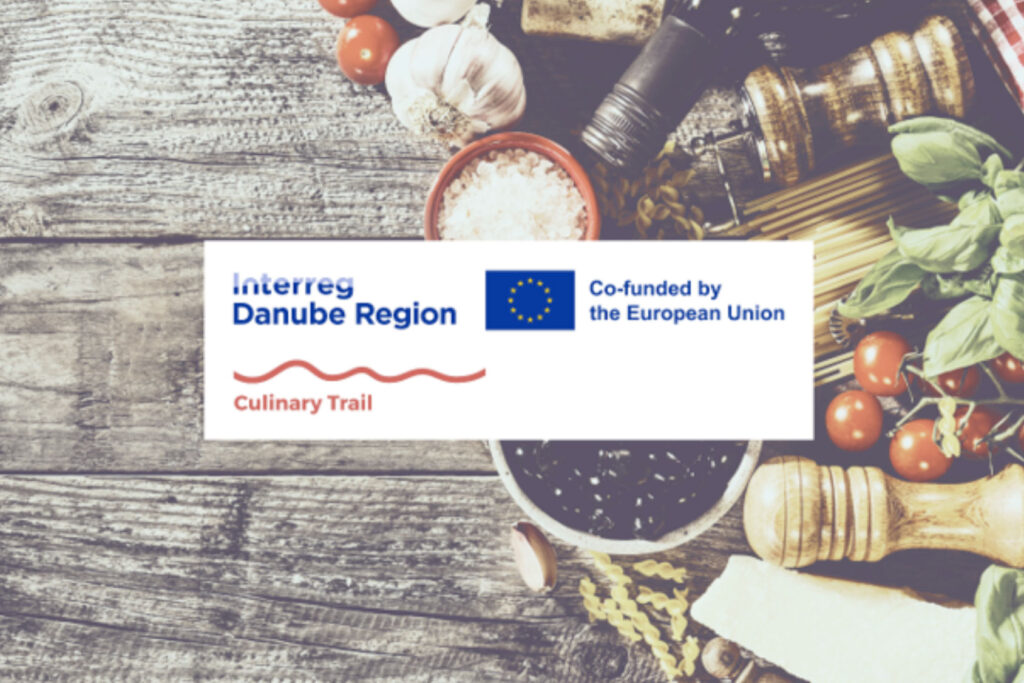
FINAL CONSIDERATIONS
A sustainable transformation in tourism and the utilization of the sector’s transformative powers for the prosperous development of the economy, society, and the environment of tourism regions do not come about by chance. Transformation does not fall from the sky like ‘manna.’ Promoting development can be driven by innovative projects and practical, application-oriented practices. Both projects, WeNaTour and Culinary Trail, are geared towards sustainable quality tourism, especially for rural areas and small local communities.
Both projects complement each other by addressing different aspects of tourism sustainability.
While WeNaTour focuses on the establishment of an European Alliance of interested stakeholders in sustainable tourism through knowledge, qualification and training via an Erasmus+ program and practical training courses, the Culinary Trail project emphasizes economic development by strengthening the cultural and culinary heritage of marginalized groups. Together, they offer a comprehensive approach to transforming the tourism system. Transformation should not be seen as a threat, as it is often portrayed – but as a source of innovation and inspiration.
We strive to follow this path in the projects we have mentioned.
